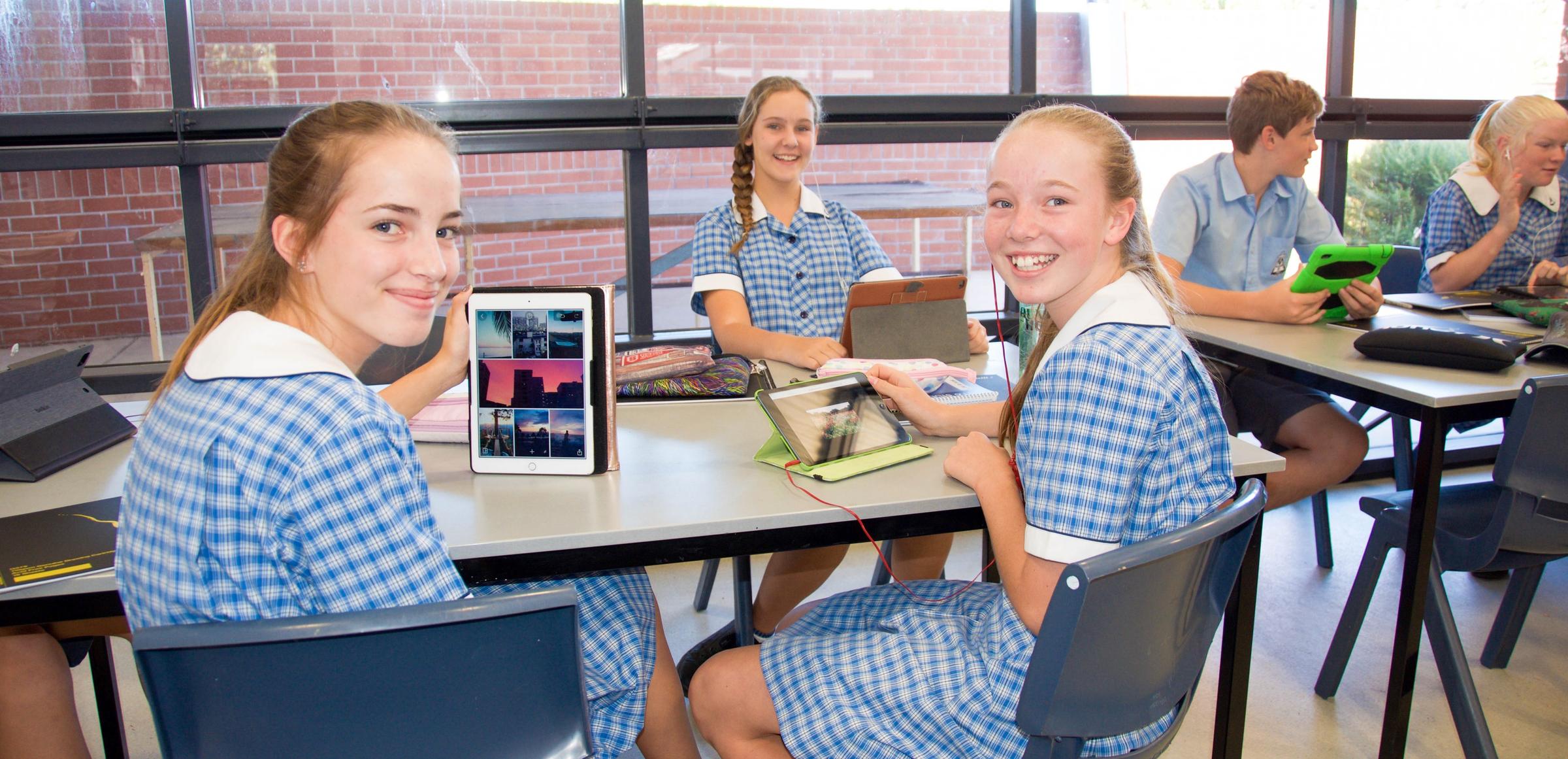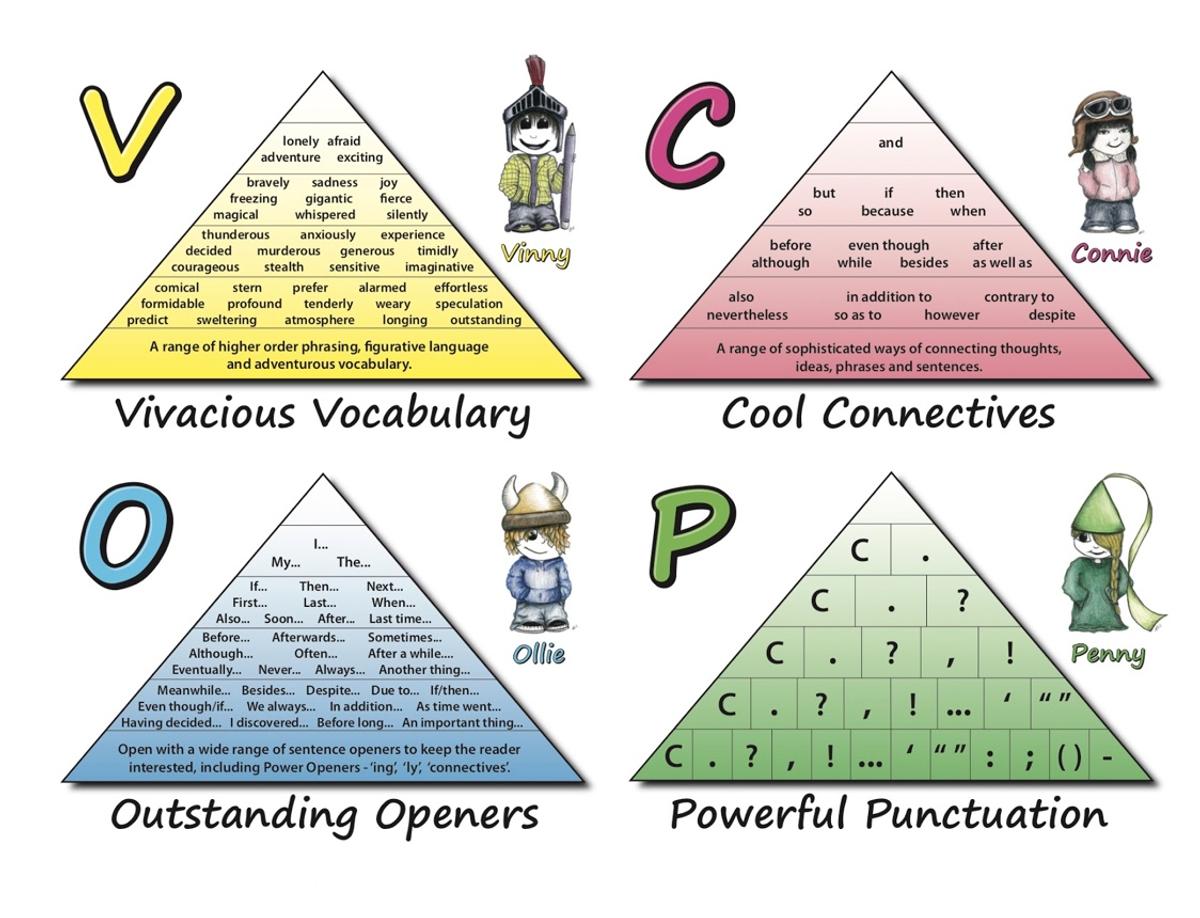SECONDARY NEWS
From the Assistant Principal

SECONDARY NEWS
From the Assistant Principal
As of Monday 3 June, students were required to be in full winter uniform. Most students are wearing the correct winter uniform and are to be congratulated for their efforts in being dressed according to the uniform code. If students are not correctly attired they are required to present a note to their Pastoral Care teacher and to remedy the situation as soon as possible.
Practical Classes and Appropriate Footwear
It is essential that students have the correct footwear at all times for practical classes in specialist rooms. This includes classes held in the Industrial Technology Workshop, the Food Technology Room and the Science Labs. The school uniform policy states that students are required to wear enclosed black leather or strong vinyl school shoes.
Acceptable Black School Shoes
Shoes should have substantial soles (a substantial sole should be able to tread on a thumbtack and not cause injury to the wearer). Shoes should have laces or a buckle or similar mechanism. Slip-on shoes are not permitted and ballet style shoes and black volleys are not acceptable.
It is imperative that, as per WH&S regulations, students adhere to this rule.
If a Technology class is on a Thursday the students are expected to bring their black leather school shoes to change into for that lesson. Students will not be permitted to enter the workshop if they have incorrect footwear.
Good luck to Mr Koch and the chess team who will be travelling to Ashford on Thursday to play Ashford Central School in the next round of the plate competition.
Most students have completed their assessments for the term, however, there are still some tasks to be completed in the coming week. Reports will be completed in the next few weeks and will be distributed to parents in the last week of term. If there are any concerns or queries regarding this matter please contact the school.
Throughout the year you will have been receiving feedback from your teachers about your assessments. But are you making the most of this feedback? Many students are too focused on what mark they received and neglect to make the most of the feedback they are given.
It’s not just about what you did wrong either! The feedback is a chance to celebrate what you did right, what you understood and the skills and learning you demonstrated. However, it is also a chance to address areas you found difficult or did not perform as well in.
Below are some questions you can ask yourself when an assessment is returned to make the most of the feedback you are given.
When a test or exam is returned:
For other types of assessments:
Dr Prue Salter - Enhanced Learning Educational Services
Improving the writing skills of our students has been a long-term goal of Holy Trinity. This year students from K - 9 are undertaking the Big Write and VCOP program as a means of enhancing the standard of writing across the school.
Big Write and VCOP is a methodology for raising the standards in writing across all ages and ability levels. It seeks to address the reasons why there are falling standards in writing. Based on the premise that ‘if they can’t say it, they can’t write it’, learning is scaffolded to allow children to become articulate thinkers and speakers, who will then become articulate writers.
The program is designed to bring the enjoyment back into writing by engaging students in writing and continuously challenging them throughout their writing journey. Through games, activities, writing tasks, conversations and discussions, students will learn not only where their abilities lie in a fun and engaging way, but also the steps they need to take, in order to continue to improve.
In Years 7-9 ‘Big Writes’ are a component of assessment in English where the focus is on individual improvement and self-reflection; instead of marks and grades. Written tasks are done on a regular basis in the classroom during the course of a unit and work is then evaluated in a ‘Breakdown Buddy’ session. Students reflect on their performance in the task, celebrating achievements and then setting clear goals for future improvement.
What does VCOP stand for?
Vocabulary: Ambitious vocabulary, WOW words.
Connectives: A wide range of words and phrases for connecting thoughts, ideas and sentences.
Openers: Effective opening words and phrases to begin a sentence.
Punctuation: A wide range of punctuation, including power punctuation.


Do students still have homework in English?
YES - students are required to prepare for their writing tasks by researching and practicing their writing, but most importantly, talking to others. By orally discussing their knowledge and understanding of a particular issue, they are preparing for their upcoming ‘Big Write’.
Is my child’s writing still marked by a teacher?
All written work is closely monitored by their classroom teacher on a regular basis. Relevant and meaningful feedback is used by students to improve their next written task. On five occasions each year students complete a ‘Cold Write’ (equivalent to an English writing exam) that is moderated by at least two English teachers. This determines a student’s grade and is tracked on a student progress wall.
The ‘Big Write’ is an exciting new project in the Secondary - already we are seeing significant improvements in student writing across all grades.
For further information please contact your child’s English teacher or Mrs Watchirs.
Wellbeing Builder: Emotional Wellbeing
Our Emotional Wellbeing is healthy when we use our top strengths to mindfully be in charge of our emotions and look for what is right in what we are doing and looking at. Most of us can think back to times when our emotions hijacked the way we thought, spoke and acted and we regretted it afterwards. Because students’ good decision-making centre, the Pre-frontal Cortex, is not fully wired up and operating to capacity, emotional hijacking can occur when they feel under pressure from stressors.
To build students’ social-emotional resilience to reduce the likelihood of this happening, they need to be involved in discussing positive, negative and mixed emotions and identifying the body language they show when their emotions begin to intensify. Using their top strengths to create positive coping strategies and plenty of positive self-talk are the growth mindsets they need to overcome these challenges to maintain and build their emotional wellbeing.
The most difficult thing about doing this with 21st century students is slowing them down to think hard about the above issues. To do this, ask them to reflect on the achievements they are proud of, the emotions they felt and the body language they showed.
The Learning Curve
So you don’t have much homework tonight? Assignments and study notes up to date?
Have you ever thought about spending a bit of time each night learning touch typing?
Touch Typing is when you can type without looking at the keys while you type. This means you can type much faster than if you had to look and see where each key is, and it means you can keep looking at whatever it is you are typing instead of the keys. This is an incredibly useful skill to develop – it will help you at school and later in life as well, improving your efficiency and speeding up work on assignments and essays. Once you learn touch typing, you will know where the keys are located on the keyboard through your sense of touch and you will be able to look at the screen or whatever you are typing rather than the keyboard.
But don’t neglect your handwriting skills either. As long as you have to submit handwritten work or handwrite for tests and exams it is also important to improve the legibility and speed of your handwriting.
Should students type or handwrite their study notes?
Short answer, they are better off doing whatever the exam or test will be. So if the exam is handwritten, it is better to handwrite notes. This creates muscle memory, it sets up a pattern in the brain of what they will be doing in the exam. If they do not have exams, then it does not really matter, they can choose to either type or handwrite their notes.
For students who do have written exams, they are better off getting used to writing as much as possible, especially as students do less and less pen to paper and more and more on the keyboard. It is also argued that by writing the information, you set up pathways of familiarity and recognition in your brain that will kick in when you are in an examination situation.
On the other hand, some subjects have so much content that to try and wade through it with handwritten study notes would take forever. A good compromise for students who would prefer to type is to start making initial notes on the computer as this allows you to cut and paste, group information and rearrange it with ease. Once you have a core set of notes completed, you may like to further summarise some sections on paper using a more graphical or visual form of note-taking such as mind-mapping. And when you are learning the notes, read a section, then see what you can write without looking, this way you will be testing if the information is in long-term memory and practicing your handwriting at the same time!
Given that students now have to be masters of both the pen and the keyboard it is important to develop both legible handwriting and touch typing skills. When exams all go to typing at some stage, which they will inevitably do, everything will change.